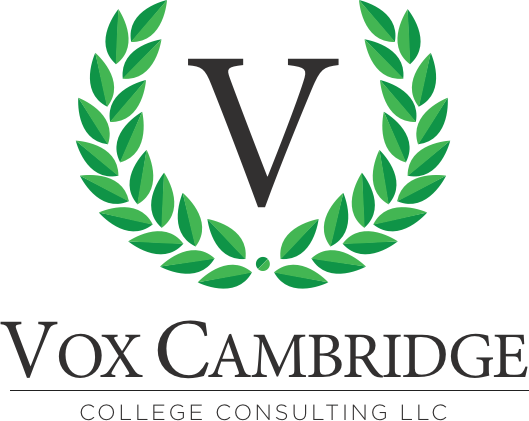Read this press release from the Harvard Graduate School of Education’s Making Caring Common project:
As a widespread college admissions scandal continues to unfold, a leading voice in the movement to reshape college admissions today published a new report calling on parents and high schools to put young people’s ethical character at the center of the college admissions process. Three years in the making, Turning the Tide II: How Parents and High Schools Can Cultivate Ethical Character and Reduce Distress in The College Admissions Process, offers guidelines for high schools and parents in promoting ethical character and describes how some high schools and colleges are working to promote greater ethical engagement among high school students, level the playing field for economically disadvantaged students, and reduce excessive achievement pressure. It also includes a pioneering statement from college admissions deans seeking to advance Turning the Tide’s goals.
The report, published by the Making Caring Common project at the Harvard Graduate School of Education, makes the case that an intense focus on academic achievement has squeezed out serious attention to ethical character in many high schools and families, especially in middle- and upper-income communities. With a narrow focus on high achievement and admission to selective colleges, parents in these communities often fail to help their teens develop the critical cognitive, social, and ethical capacities that are at the heart of both doing good and doing well in college and beyond. Many parents also fail to be ethical role models to their children by allowing a range of transgressions—from exaggerating achievements to outright cheating—in the admissions process.
“Many parents fail to focus on what really matters in the college admissions process. In an effort to give their kids everything, these parents often end up robbing them of what really counts,” said Richard Weissbourd, Senior Lecturer at the Harvard Graduate School of Education and Faculty Director of Making Caring Common. “College admissions may feel like a test for parents, but it shouldn’t be a test of status—it should be a test of character.”
Often following parents’ lead, many high schools in middle- and upper-income communities tend to focus too rigidly on highly selective colleges, don’t adequately nurture students’ interests and curiosity, and do little to challenge parents engaging in ethically troubling behavior.
“High schools have a much greater commitment to their students than just helping them achieve at a high level or get into a high-status college” says Brennan Barnard, College Admission Program Manager at Making Caring Common. “They also have an obligation to prepare students to be caring, ethical community members and citizens.”
The first Turning the Tide report, published in 2016, sought changes in admissions at the college level to advance three related goals: elevating ethical character, especially concern for others and the common good; increasing access and equity for economically disadvantaged students; and reducing excessive, damaging achievement pressure in many communities. The number of admissions deans endorsing Turning the Tide has grown from 50 to nearly 200 over the past three years.
This follow-up report shifts the focus to the role of families and high schools in college admissions. Turning the Tide II includes actionable guideposts for parents and high schools for shaping an admissions process that puts young people’s ethical character and well-being at the center of a healthier, more sane college admissions process. The report also details positive changes made by many colleges endorsing Turning the Tide, as well as Making Caring Common’s collaboration with the Common Application and Coalition for College to advance Turning the Tide’s goals. The report includes a new, pioneering statement endorsed by almost 140 college admissions deans that seeks to give high schools greater freedom in advancing Turning the Tide’s goals and to allay parents’ fears of short-changing their child if they don’t amass impressive achievements. Finally, the report describes a new campaign that has engaged 189 high schools and middle schools nationwide in promoting Turning the Tide’s goals and more broadly supporting high schools in developing students’ ethical character.
For the full report and additional information, visit Making Caring Common online at www.makingcaringcommon.org.
